Family
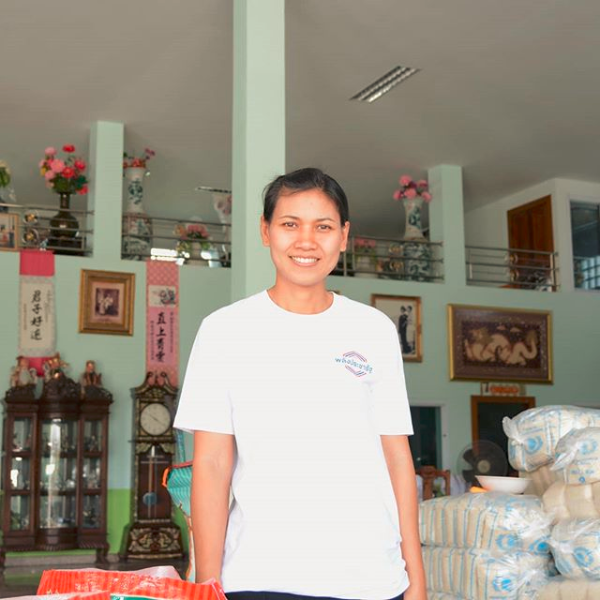
It’s tradition to move back in with parents again at a certain point in adulthood. My mother is sixty-three this year. I chose to come back to the village from Bangkok for various reasons. For one, I felt the need to take care of my mom because she’s getting older. I can go to work without worrying because she can take care of my children in my absence, and I feel a lot more comfortable knowing they are being raised with the same values instilled in me.
The biggest reason is the pace of life in the village compared to the metropolis. In the city, everybody is too busy to pay each other any attention. I guess growing up here, where life moves slower, it makes you accustomed to always having a sense of community. The value of that means so much more to me than having more earning potential.
Diaspora
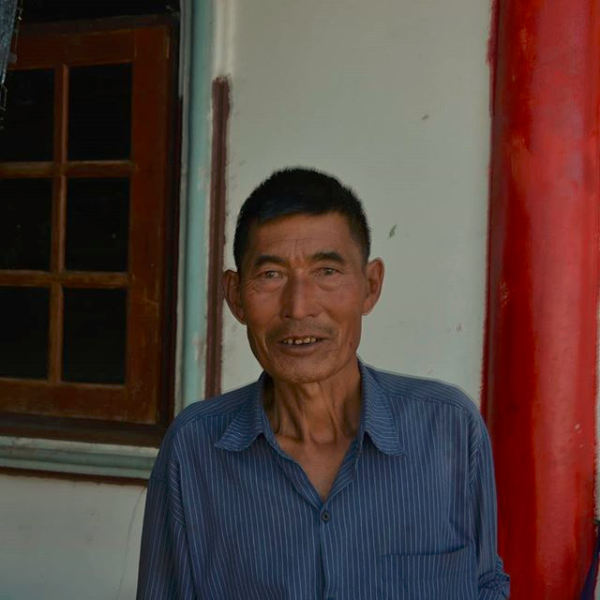
I fled Yunnan, China when I was sixteen to escape conscription. There weren’t many options during that time — there was a civil war going on. Many of my people had chosen to make their move out of China and into Laos, Burma, or Thailand. The northern part of Thailand already had an established settlement of people from my hometown, so I took the land route exiting Southern China, through Burma and made it here. I’m a custodian at the local Buddhist temple up in the hills these days.
Inshallah
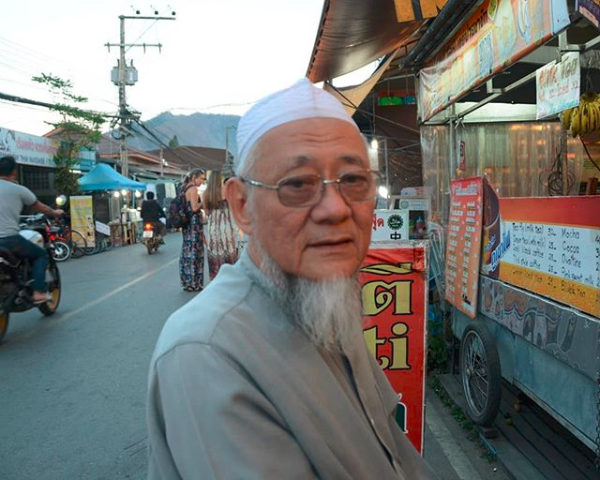
I was born in Chiang Mai. My mother was Thai, Indian and Chinese. I moved here to Pai when I was around the age of fifteen.
About the Muslim population in Thailand, most of us live here in the North. A lot of us are of mixed ethnicity: Thai, Chinese, Bengali, Pakistani, Indian.
I think the estimated demographics of Muslim’s here in Thailand is around 6–12 percent, I could be wrong. We live in harmony amongst the Buddhist population, which makes up the majority.
I wish I could tell you more, but my English is limited. If my son were here, he could translate for us! He can speak Thai, English, and Urdu. He studied university in Pakistan.
Social Justice
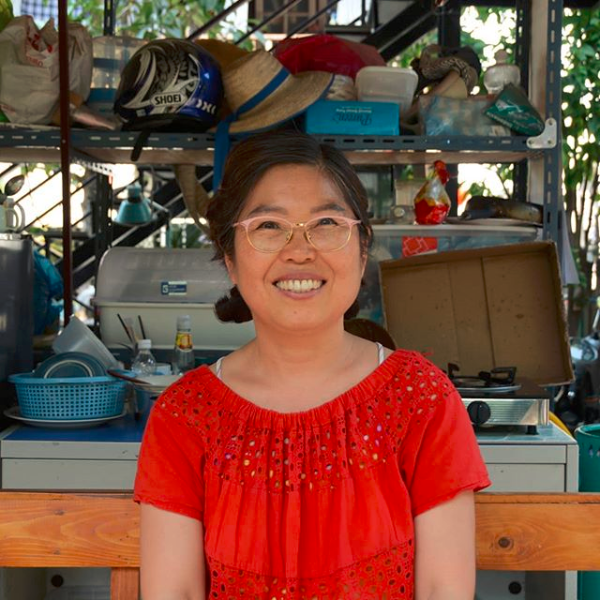
I was a teenager at the time of the Gwangju Uprising. South Korea was politically unstable during then. Civil unrest was rampant because the political structure just didn’t work for the people.
I remember I was with my group of friends when we saw the atrocities that had been committed by the government. There was an undercover German journalist that had carried a hidden camera with him. The feelings of anger and sadness was beyond description for me. Even the journalist himself had tears running down his face as he was showing us.
That truly was a pivotal time in shaping my life. I studied philosophy in university and became very active in what was known as the labour movement community, amongst other social justice groups.
That life had taken the reigns for thirty years. South Korea is in a much better place today. I’ve passed my torch on to the youth, so to speak.
These days I’ve taken a stance on feeding my creative side. I teach play to adults, I guess you can call me a play teacher! I also lead hikes — walking and being in nature cured me of my cancer.
I’m here in Chiang Mai learning something called ‘dance mandala.’ I’ll be bringing that back home with me to teach.
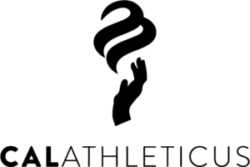
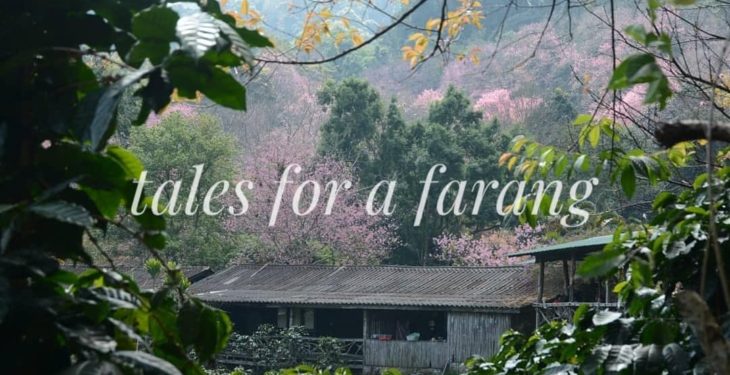
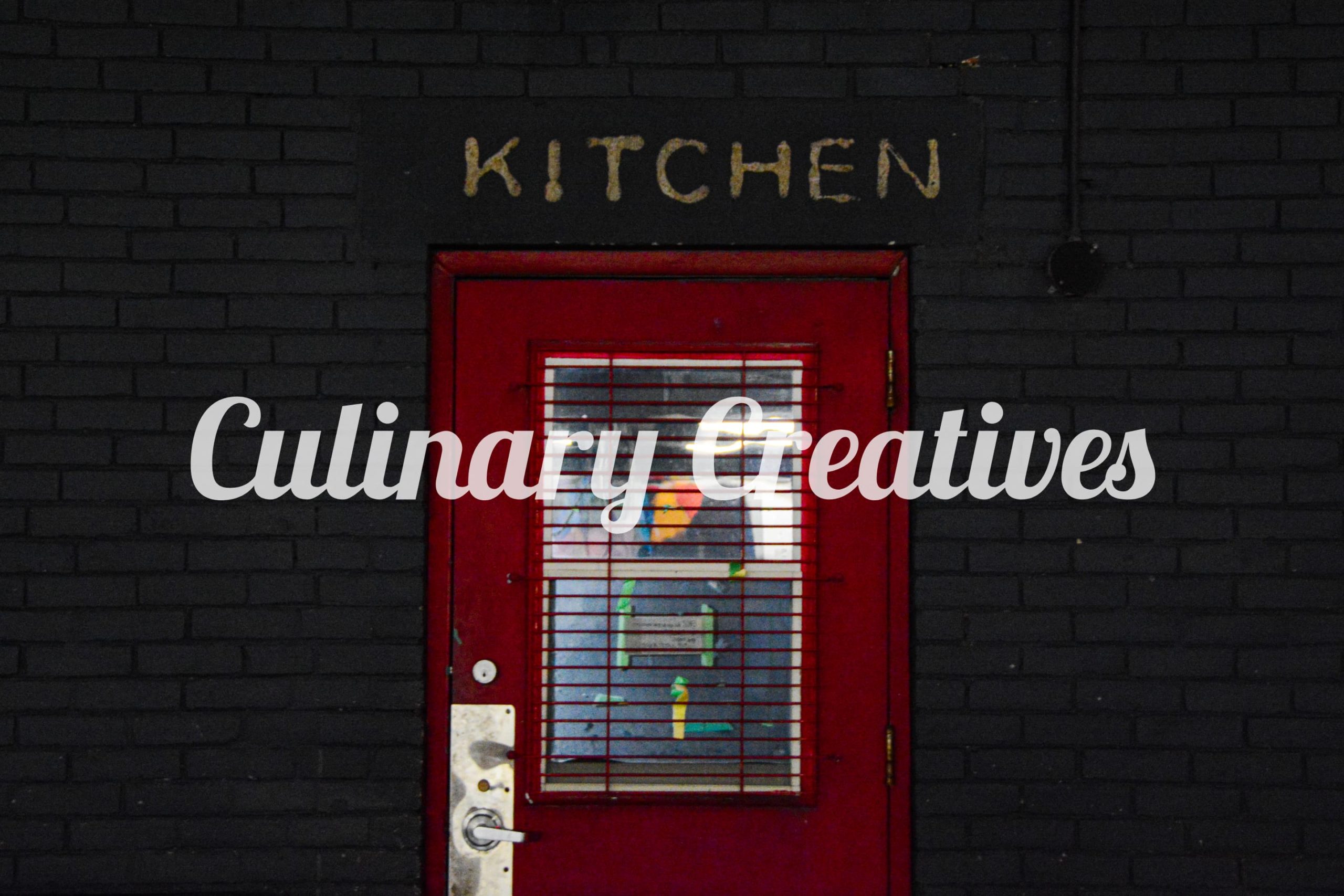
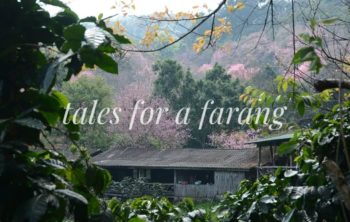
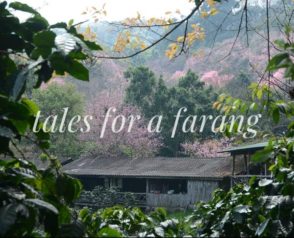
No Responses